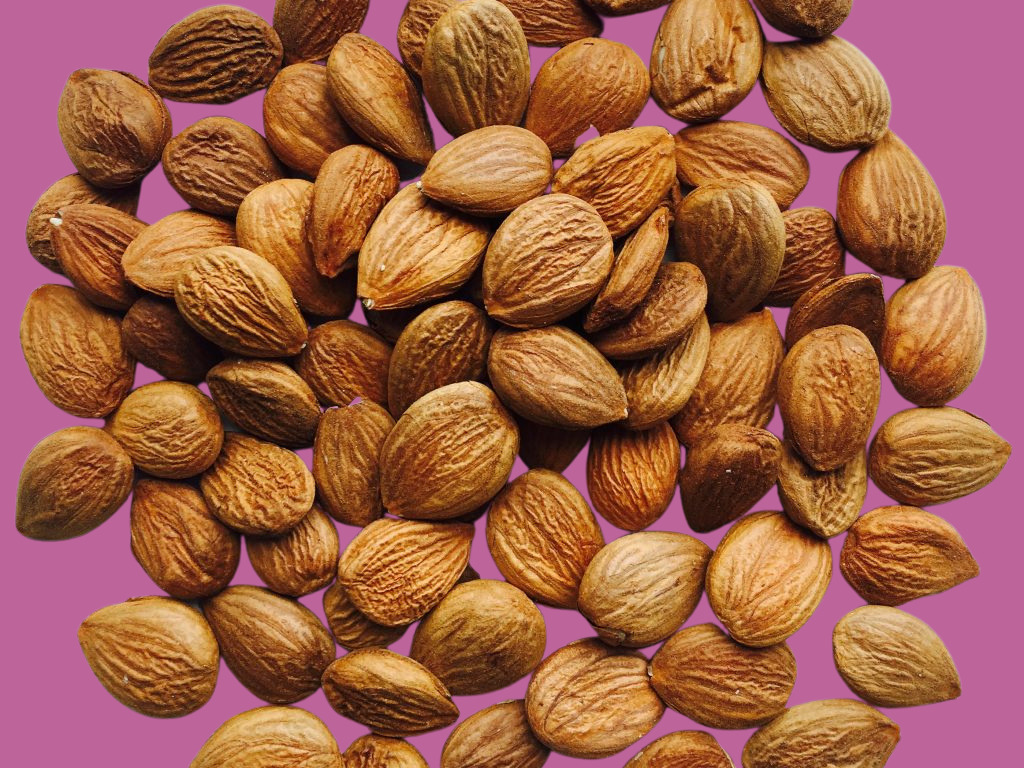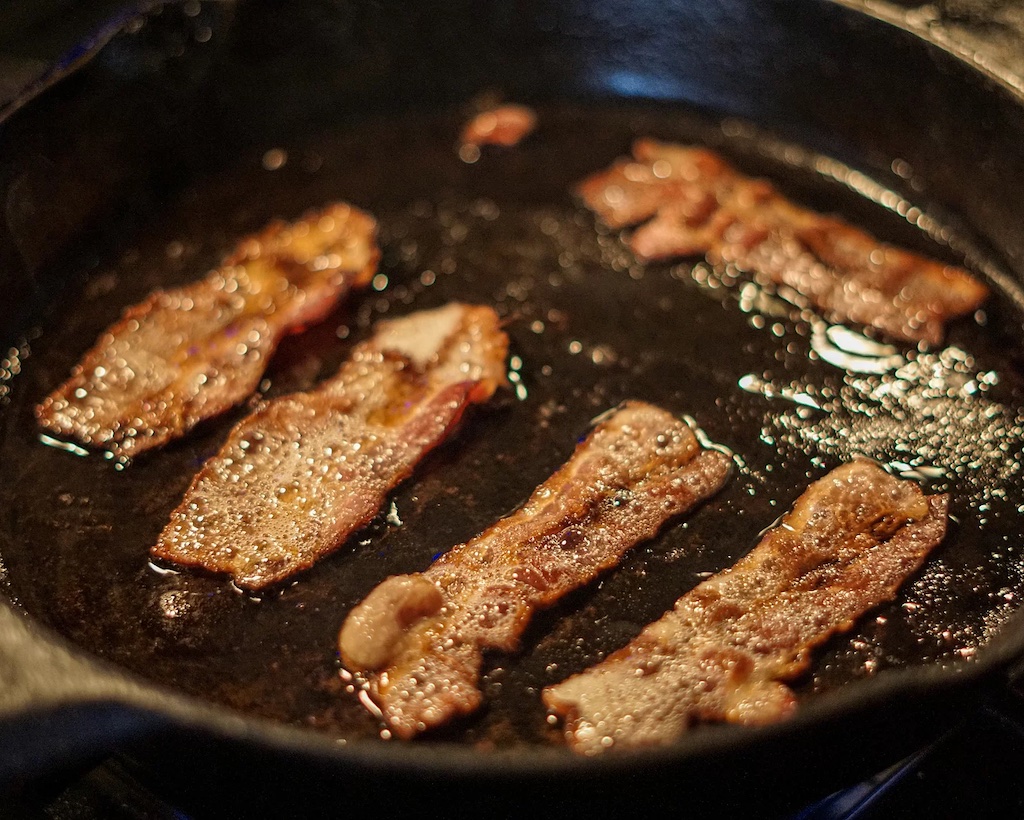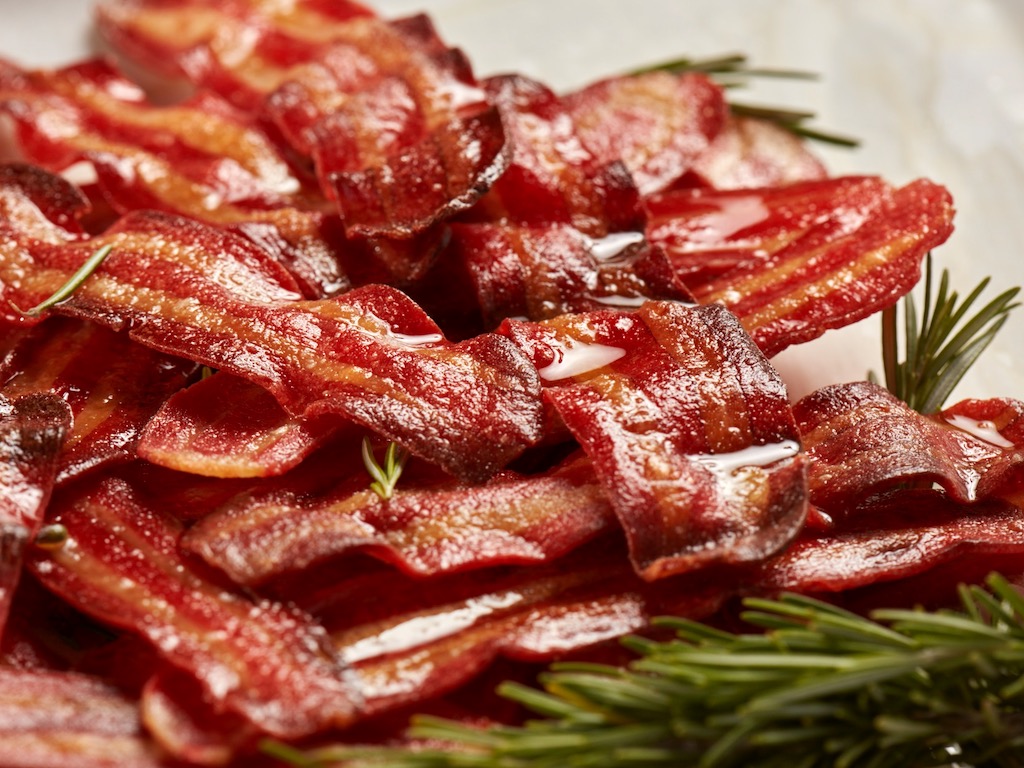
The search for animal fat alternatives is taking off. Below, we highlight five food tech startups focusing on the business of fat.
Demand for flavourful cultivated meats, realistic plant-based options, and palm oil-free products is increasing, and in parallel, a variety of fats are being developed to cover a spectrum of needs. Who are the key players in the category? Let’s take a closer look.

1. NoPalm Ingredients
Netherlands-based biotech startup NoPalm Ingredients has risen to the challenge of replacing environmentally damaging palm oil. It uses microbial oil in place of the unsustainable alternative and can be added to a variety of products, food, and cosmetics included. The company announced its first fundraising success earlier this month, scooping €1 million from the Future Food Fund, Green Creators, and ICOS Capital, amongst others.
Fermentation technology is used to create the oil, with specific characteristics brewed into the microbial base. NoPalm uses waste feedstocks such as rejected produce and peelings. Any biomass that remains at the end of production can be reincorporated, creating a sustainable circular manufacturing model.
“The oil produced by our yeasts is remarkably similar to plant-derived oils such as palm, sunflower and coconut,”Jeroen Hugenholtz, CTO and co-founder of NoPalm said in a statement. “Our yeasts contain high amounts of oil, much higher than the oil-containing crops, making the overall oil production much more efficient and less energy-intense than for vegetable oils. In addition, we have the great advantage that our microbial – fermentation – process is tunable allowing for the production of harder or softer oils depending on the need of the customer or application.”
In 2021, the company won the ‘Most innovative F&B ingredient or Processing Technology’ award at the Fi Global Startup Innovation Challenge.

2. Kern Tec
Austrian startup Kern Tec saw the potential in food side streams to provide sustainable and cost-effective ingredient oils. Taking fruit pits, notably apricots, cherries, and plums, proprietary technology has been developed to process these waste items and convert them into raw ingredients for the F&B industry. It also recently launched ice cream and yogurt made from the pits.
The company, an alumn of 2021’s ProVeg incubator, refers to its base pits as ‘new nuts’. Similar to conventional nuts, it claims that they have healthy fats, proteins, and other nutrients locked away inside. The operation is still young but has initiated a production line in Austria. It can process thousands of tonnes of fruit pits every year and is scalable.
“We have a lot of milestones in front of us, Luca Fichtinger, co-founder of Nern Tec, told Vegconomist. “Of course, we want to scale our impact and production, with more suppliers from across the whole of Europe. We will continue to develop new products to help accelerate the transformation. For example, we will extend our product range with proteins extracted from seeds. Additionally, we will apply our tech and supply chain to other by-products. Fruit pits are just the beginning.”

3. Cubiq Foods
Focussing on the alt-protein sector, Barcelona’s Cubiq Foods is developing what it refers to as ‘smart fats’. Omega-3-rich cultivated fat products range from structured ingredients to oils and fatty emulsions, to be used across a variety of applications. The company’s intention is to remove the alt-protein sector’s reliance on saturated fats such as coconut oil.
Not looking to discriminate, Cubiq aims to supply both the cultivated and plant-based meat sectors. The latter would be offered products developed from healthy oils, such as olive, to avoid animal contamination. Cultivated meat companies, including Mosa Meat, have previously been reported to be in discussion with Cubiq about a supply relationship. Existing brands, such as Beyond Meat could benefit from healthier fat developments, as saturated fat levels have come under scrutiny.
In May 2020, Cubiq confirmed that it had successfully raised $18.4 million to date. In a statement, Andrés Monrefeltro said, “Sustainable omega-3 and vegan healthier fats inspire our team and partners. We are ready to deliver a new generation of nutritious, healthy, and accessible products at industrial scale by the end of this year.”

4. Lypid
San Francisco food tech company Lypid is a relative newcomer. It is focused on the development of a tasty vegan-friendly fat that can be added to plant-based meats. The company cites this as an often neglected piece of the puzzle when trying to create authentic-tasting food.
Little has been released about the company so far, with no known funding successes yet. It has made its mission clear, however. It seeks to develop a 100 percent vegan fat that will give a “rich meaty mouthfeel” to animal-free meat products. Final products will perform identically to conventional animal fats.
Confirmed supporters of Lypid include SOSV, Indie Bio, Genesis Consortium and NSF.

5. Mission Barns
Based in Silicon Valley, Mission Barns is a food-tech startup specifically cultivating animal fat. In 2021 it celebrated a successful Series A fundraising round that generated $24 million for the construction of a pilot manufacturing plant. Lever VC was amongst the round participants.
With new facilities in place, Mission Barns intends to commercialise its proprietary cell-based animal fat development for use in a range of foods. Testing has already commenced with cell-based bacon made using cultivated pork fat being trialled in 2020. Other foods to use the cultivated fat analogue include burgers, nuggets and sausages.
“I’ve been sampling plant-based meats for 20 years from a huge variety of brands globally, and have never tasted anything as meat-like as products containing Mission Fat,” Nick Cooney, managing partner at Lever VC said in a statement. ”This is going to be a game-changer for the alternative meat sector, because it’s going to help brands around the world have a dramatically better product almost overnight.”
Mission Barns will be working closely with Shanghai’s Herotein to create hybrid cultivated/plant-based meat to market.
The post The Business Of Fat: Meet The 5 Global Startups Working To Replace Animal Derived Fat first appeared on Green Queen.
The post The Business Of Fat: Meet The 5 Global Startups Working To Replace Animal Derived Fat appeared first on Green Queen.
This post was originally published on Green Queen.